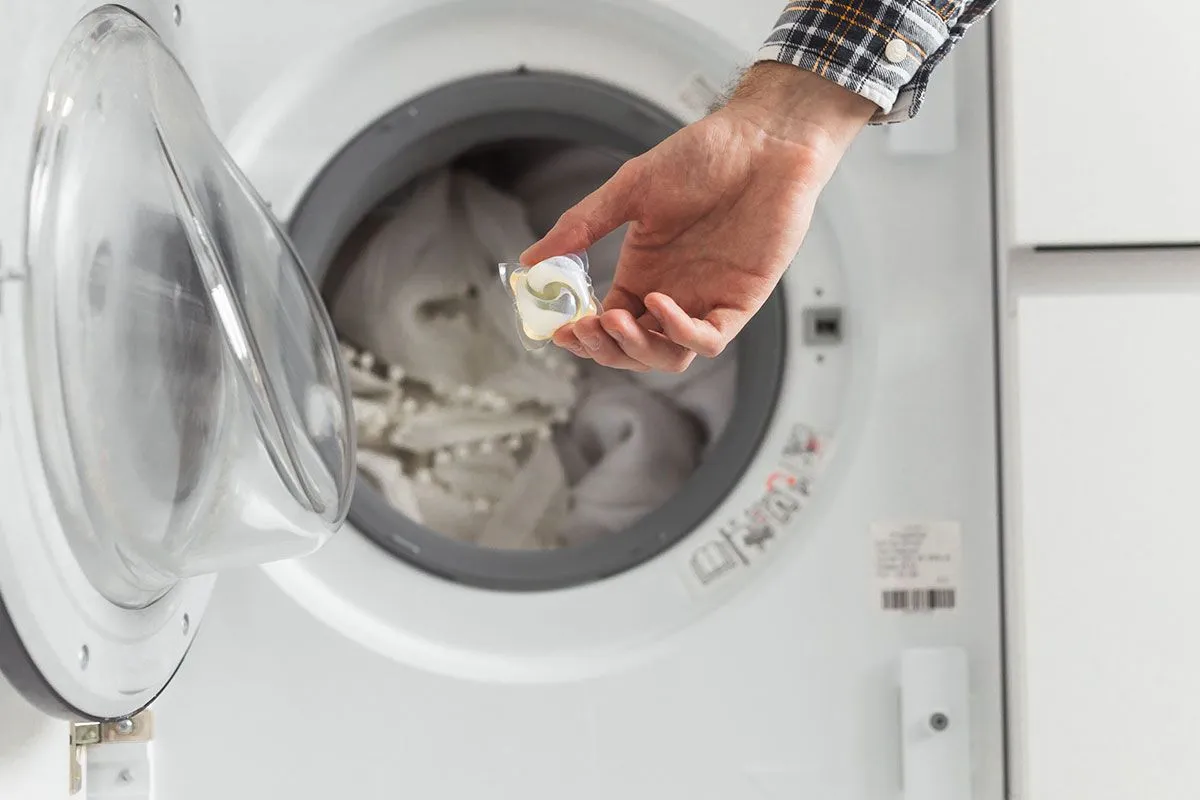Figuring out the downsides
Quick wash cycles are built to save you time, but sometimes they skip on how well they actually clean. When your clothes are really dirty, these speedy cycles might not cut it when it comes to getting rid of stubborn stains and grime. That means heavily soiled items might come out of the wash still in need of a good cleaning.
Another worry is that these faster cycles might not rinse thoroughly. Leftover detergent can stick to your clothes, and that’s more than just a looks issue. Some folks with sensitive skin could find those residues irritating or even trigger allergies. Plus, such detergent buildup can wear out fabrics faster, meaning your favorite pieces might not last as long.
What it does to your washer
Using quick wash cycles a lot doesn’t only affect your clothes—it can also take a toll on your washing machine. Relying on these shorter cycles over and over can put extra strain on both your garments and the machine itself. This extra wear can shorten your washer’s lifespan, which might lead to pricey repairs or even force you to replace it earlier than expected.
The cost of repairs can stack up quickly, and no one wants to face the expense of replacing their washing machine sooner than planned.
Money and the environment
Even though quick wash cycles might seem energy-friendly because they run for a shorter time, they often use more energy per minute than standard cycles. That extra energy use shows up on your electricity bill, meaning higher costs over time.
On top of that, using more energy puts added pressure on natural resources and bumps up your household’s ecological footprint. In a time when many of us are paying closer attention to how our choices affect nature, this is something to consider. Sometimes, opting for a longer cycle that runs more efficiently can make a real difference in keeping your energy use—and your footprints—lower.
When quick wash routines are a good idea
Even with these downsides, quick wash programs do have their place. They work well for lightly soiled clothes or small loads when you’re not dealing with heavy messes. In those cases, they offer a lot of convenience without too much compromise on cleanliness.
That said, for delicate fabrics or garments that are really grimy, it’s better to stick with longer, gentler cycles. This approach helps keep your clothes in better shape and lets your washing machine run smoothly for longer.
Quick wash programs lure us in with the promise of saving time—a precious commodity these days. Knowing their limits can help you decide when and how to best use them. By balancing convenience with proper care for your clothes, appliance, finances, and our planet, you can make laundry day work in your favor.
